
Clarifying misconceptions about Rice Program Council
In light of recent claims made about Rice Program Council, we would like to take the opportunity to clarify some misconceptions about the organization.

In light of recent claims made about Rice Program Council, we would like to take the opportunity to clarify some misconceptions about the organization.

We, as active participants in the Student Association Senate, feel that the SA is currently operating by a top-down model, with the chain of communication beginning with Rice administration and ending with the students. But the intent of an organization like the SA should be the opposite.
Saturday night, hundreds of Rice students paid $2 to stand in line for one of the most popular publics of the year, Y2K, with some waiting over two hours only to not get in. Despite claiming that they based the number of wristband sales on statistical “models” that would allow entry to everyone, McMurtry College refused to release this data publicly, leaving the logic and intent behind this new system unclear.
With the start of a new election season, there are only a few weeks remaining for the current Student Association Executive Council to meet goals set at the beginning of their terms. Given the Thresher Editorial Board’s previous endorsement of Grace Wickerson for SA president on the basis of promises they made at the time, we were particularly interested in progress made on those promises.
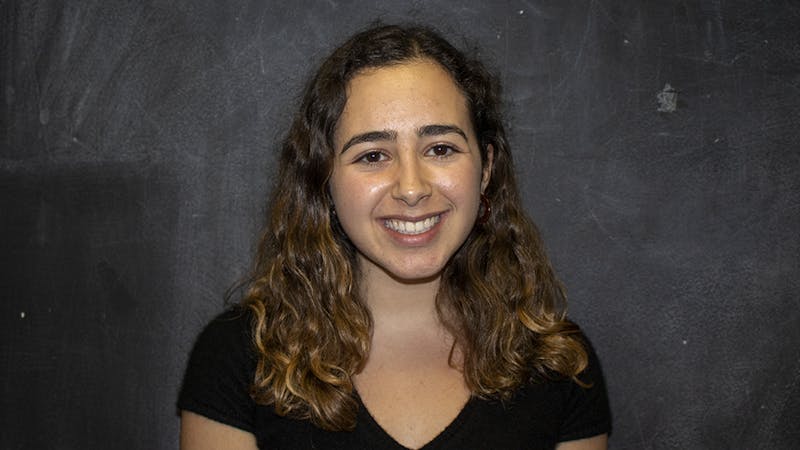
The day before I landed in Rabat, Morocco last September for a semester abroad studying journalism, young Moroccan political reporter Hajar Raissouni was arrested for an alleged abortion and sex outside of marriage.
As undergraduates, we are far more likely to be familiar with the everyday work and initiatives that come from the Office of the Dean of Undergraduates than those from the Offices of the Provost or even the President.

Fourteen days. That’s how long the U.S. went before its first fatal school shooting of 2020. Two weeks into the new decade, 19-year-old César Cortés was shot and killed at Bellaire High School, about five miles southwest of Rice. He was a Junior Reserve Officers Training Corpsmember who was enlisted in the Army and had aspirations of serving his country. His death is heart-wrenching. It was also preventable.

The spring of 2019 I heard whispers and read snippets about the Innovation District, which I understood, initially, to be an innovative tech and consulting hub for venture capitalists, startups and big corporations. Immediately, I wanted to be involved out of fear the development would exclude the interests of creative students at Rice and of communities vulnerable to displacement and cultural erasure.
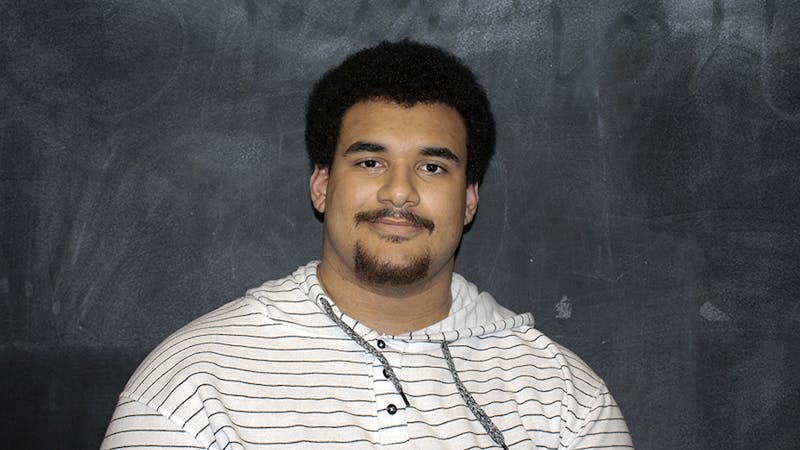
One evening last semester, I sat down at a table with the most familiar faces in my college commons for dinner. We had a lot of scattered conversations about classes, the food and, for some, the past weekend’s late-night escapades. It was during the discussion of this final topic that I heard that word: “Retarded.”
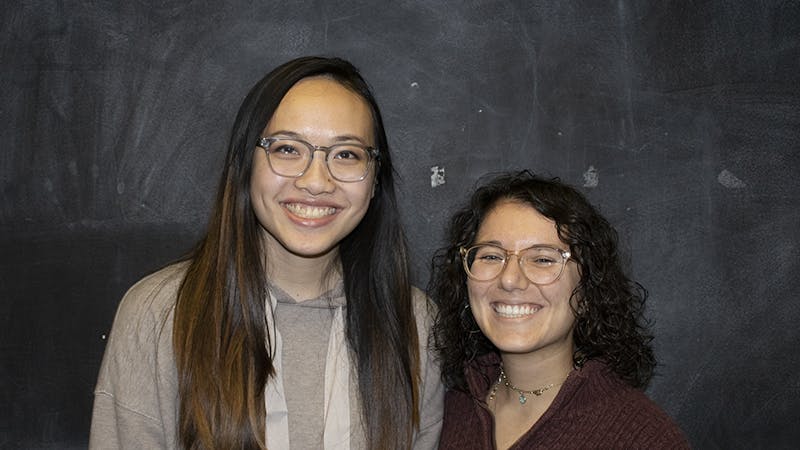
The modern world doesn’t know how to integrate STEM, the humanities and the social sciences. We’ve come to the point where our society values technological innovation as the best way to solve any and all problems that arise.
In the spirit of the new year, we as the Thresher’s editorial board have set a few resolutions and invite y’all as the readers to hold us accountable. Going forward, we want to be more transparent about our operations as well as maintaining the standards and policies we’ve created this year in the spirit of transparency.
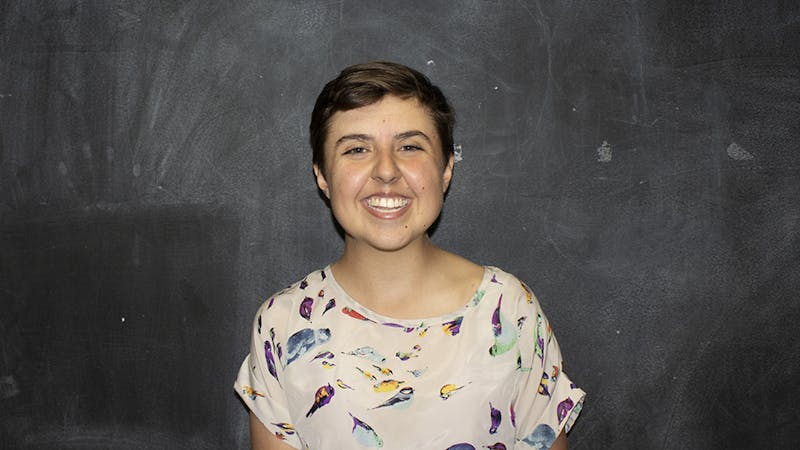
At universities across the U.S., including Rice, conversations about inclusion and the affordability of college are ongoing. The last few years have seen growing attention to financial accessibility and the inclusiveness of the Rice experience, and we are impressed by the positive spirit and heartfelt care that so many members of our community have shown toward others.
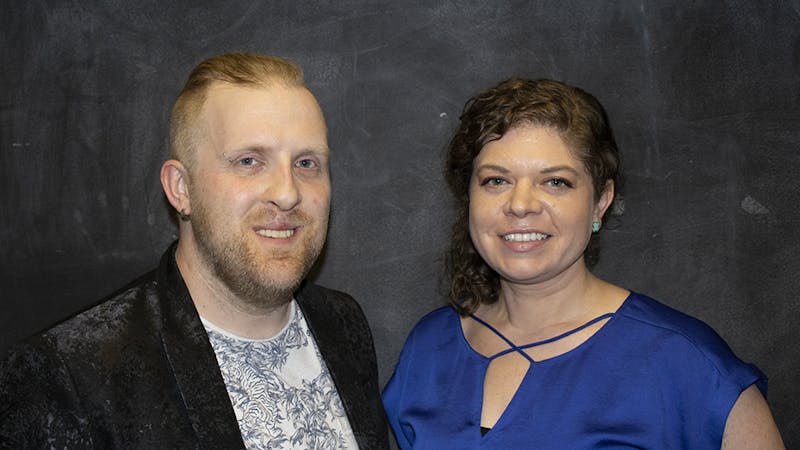
During the first week of December, as undergraduates were making their final course selections for the upcoming semester, graduate student instructors arrived on campus to find that the posters for their upcoming classes had been defaced or taken down altogether.
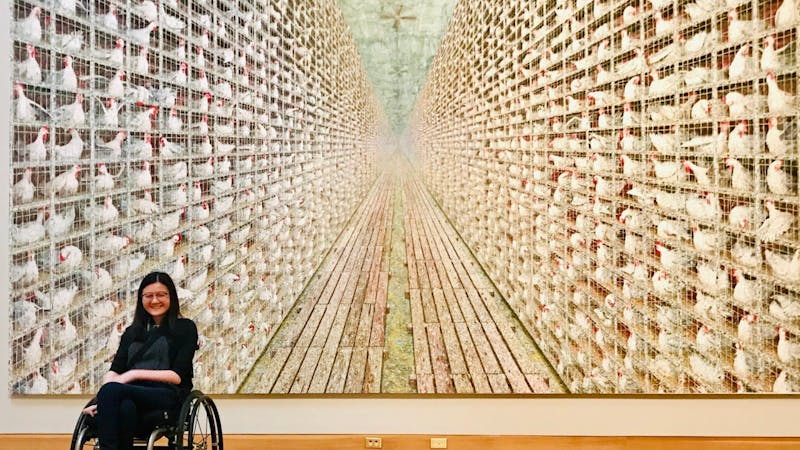
When I read last December’s Thresher news article, “Invisible Burdens,” and the accompanying staff editorial, highlighting the apparent lack of accessibility on campus, I was disappointed, a bit angered and saddened.

President Donald Trump’s disdain for foreign policy was once merely a joke. No one believed him when he attempted to buy Greenland, and the U.N. openly laughed at his supposed accomplishments. These included a shakedown with NATO allies on budgetary matters, a nonsensical travel ban and a dramatic decrease in refugee acceptions.

Climate change inundates our news feed with new headlines every day: raging forest fires, record droughts, catastrophic hurricanes and worse. While the media has begun to put significant efforts into funneling awareness toward the issue of climate change, we aren’t in need of more awareness.
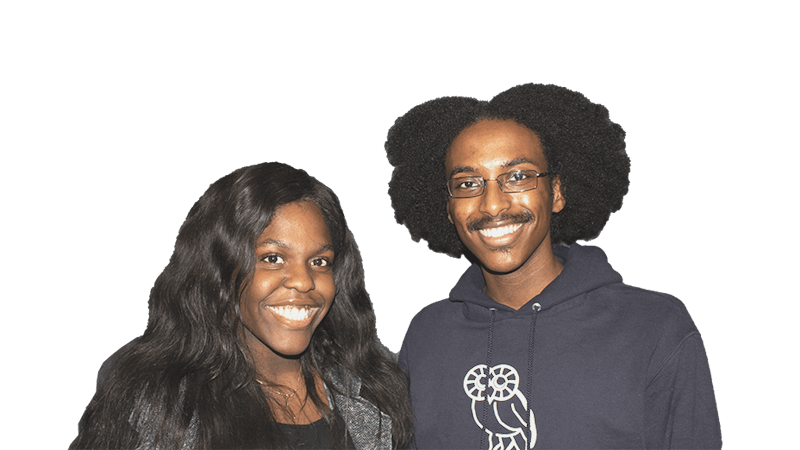
“If Black lives matter to Rice then we would not have to ask that question to begin with.” As members of professor Anthony Pinn’s Religion and Black Lives Matter course, we were challenged with the task of applying what we learned in a unique way that engages the Rice community. One of our responses to this challenge was to survey Black voices on campus: “What can Rice University do to show you that they believe your life matters?”
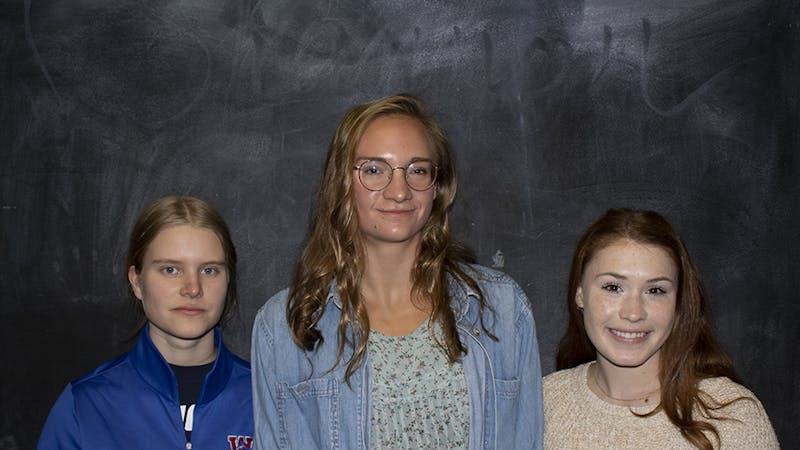
Environmentalism is not a trend. It is not a movement that we can opt out of. If we understand the real meaning of sustainability — the active effort to sustain life on Earth — we must embrace sustainability as an inherent value and practice in our professional careers.

Every year, 33 students sacrifice 10 months to plan Orientation Week, a pivotal institution of Rice. Assuming an O-Week coordinator puts in 20 hours of work a week and qualifies for the maximum stipend allowed ($2,500), they would be making a meager $3.13 an hour to help pull off one of the university’s most advertised, unique programs.
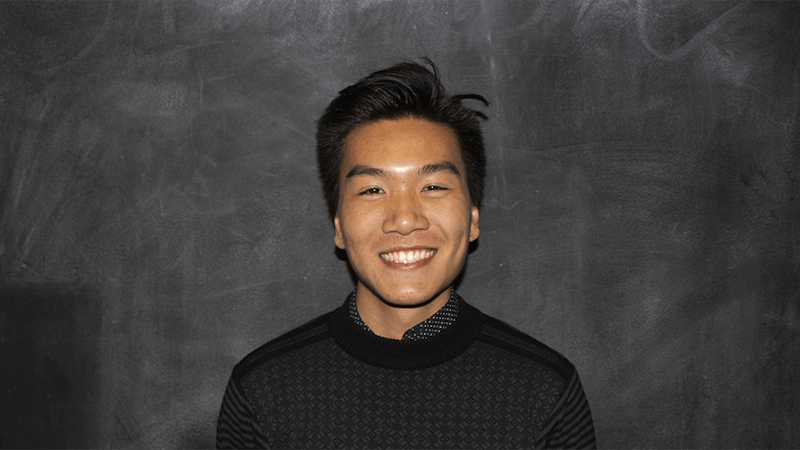
The military of a South American nation forces a left-leaning president to resign and political violence shakes a nation. Prominent American lawmakers release unfounded statements to discredit the outgoing government and hail the undemocratic transition of power as “allowing the voices of the people to be heard”.